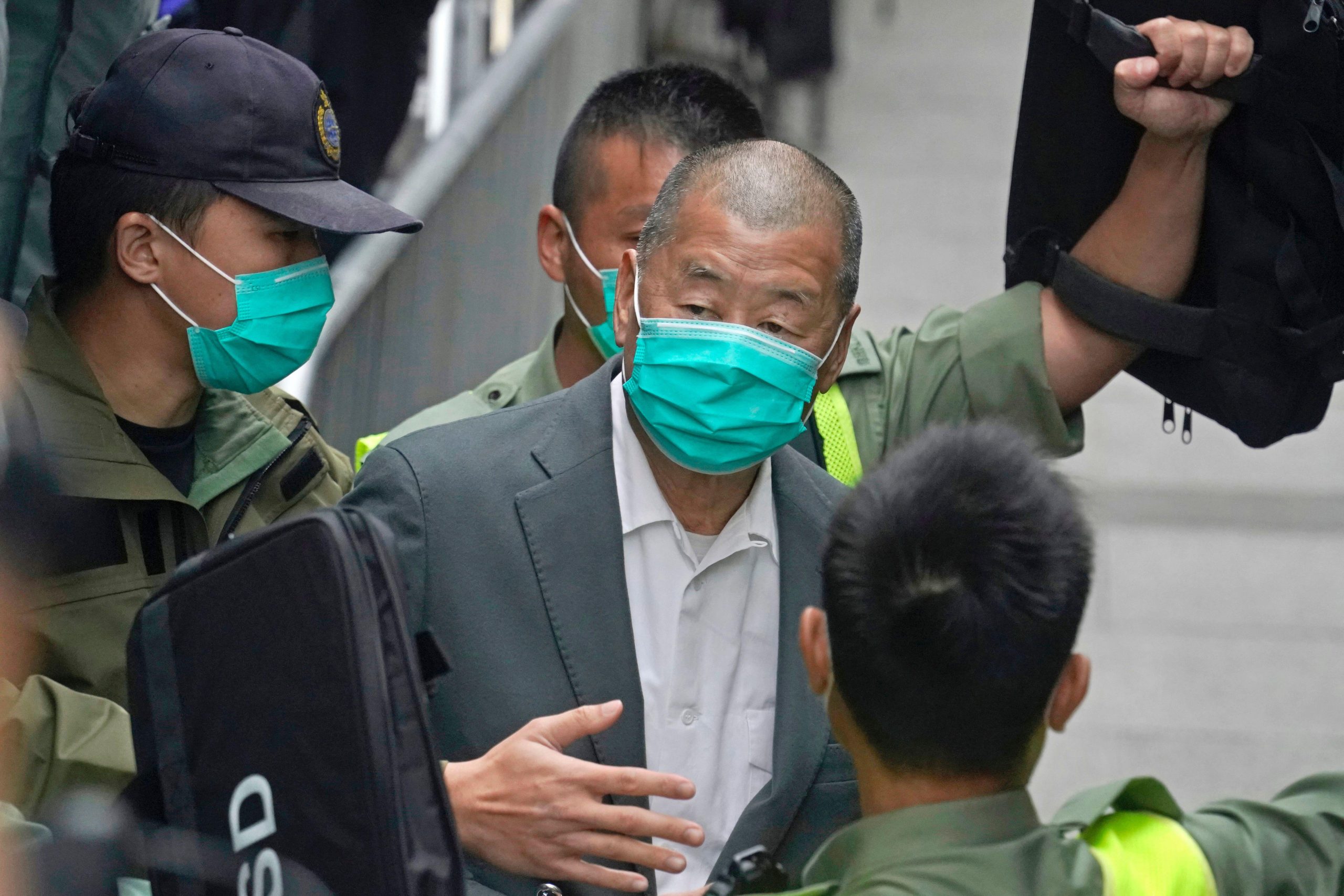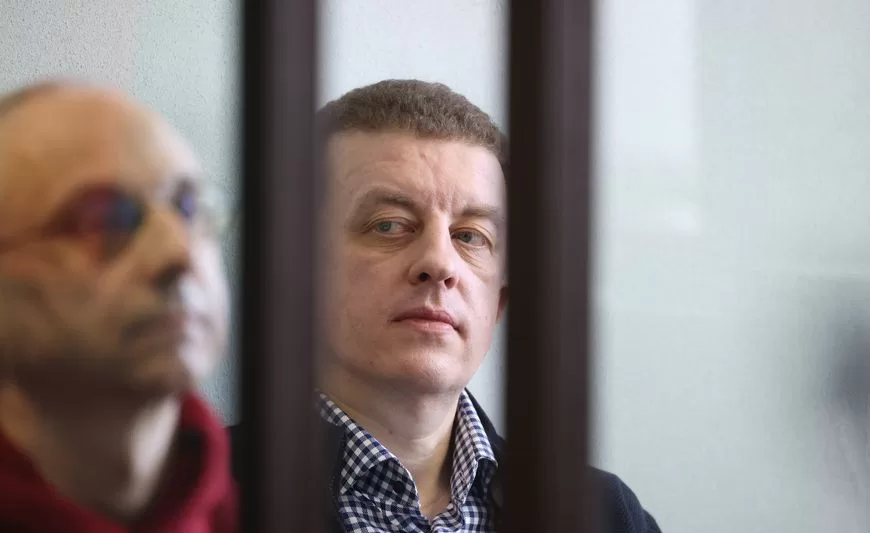The Jimmy Lai trial wrapped up last week, without a verdict. When this will come is anyone’s guess. One of the three judges, Esther Toh, said it would be announced “in good time”.
For a man who has been wrongly imprisoned for more than 1,700 days, is in his late 70s, and has serious health conditions, “in good time” is gratingly noncommittal. Of course it’s likely intentional, a way to further punish him and his family. But there’s more to it. When it comes to Lai language has always been used to obfuscate, frustrate and discredit. Hong Kong authorities, the CCP and their allies frequently twist words, calling him and his supporters traitors and other slurs. They can be bold in their denigrations – and they can be seemingly subtle.
“I’ve lost count of the number of times the Chinese / Hong Kong authorities or CCP State media have called me a “so-called human rights lawyer” leading a “so-called legal team.”,” said one of Lai’s lawyers, Caoilfhionn Gallagher KC, this week on X. Gallagher made this comment following the release of a new report, titled “The Use of ‘So-called’ as a Propaganda Device in China”. By academics Linette Lim and Alexander Dukalsis (the latter an Index contributor), it looks at how China’s state-run media increasingly use inverted commas and the words so-called when talking about an idea or person that they wish to discredit.
It’s not a new trend nor is it unique to China, as the authors note (Nazi Germany and the Soviet Union used these linguistic tools too). Still, it’s growing in use there. Articles on Taiwan and Hong Kong will typically employ such language, as do ones on the USA. In fact the authors were struck by how many articles tried to delegitimise the USA and believe it’s “partly in response to more hawkish US policy towards China in recent years and partly accelerated by Xi Jinping’s increased domestic control and repression”.
The report is a helpful addition when considering how information is controlled under Xi Jinping, as was James Palmer’s piece in Foreign Policy last week labelled “A guide to Censorship in China”, which was based on his many years living and working there. In it Palmer describes the censorship machine as “messy”. While people can cover most sensitive topics in China, and Palmer says it’s relatively uncommon for authorities to outright refuse to publish something, the process is unpredictable, exhausting, artistically damaging and at times high stakes, putting many off. “In better times, publishers are willing to take risks, but those better times are a long way away,” wrote Palmer.
Better times do sadly feel very distant, though I’d imagine if pressed the CCP would say they’ll arrive “in good time”.






